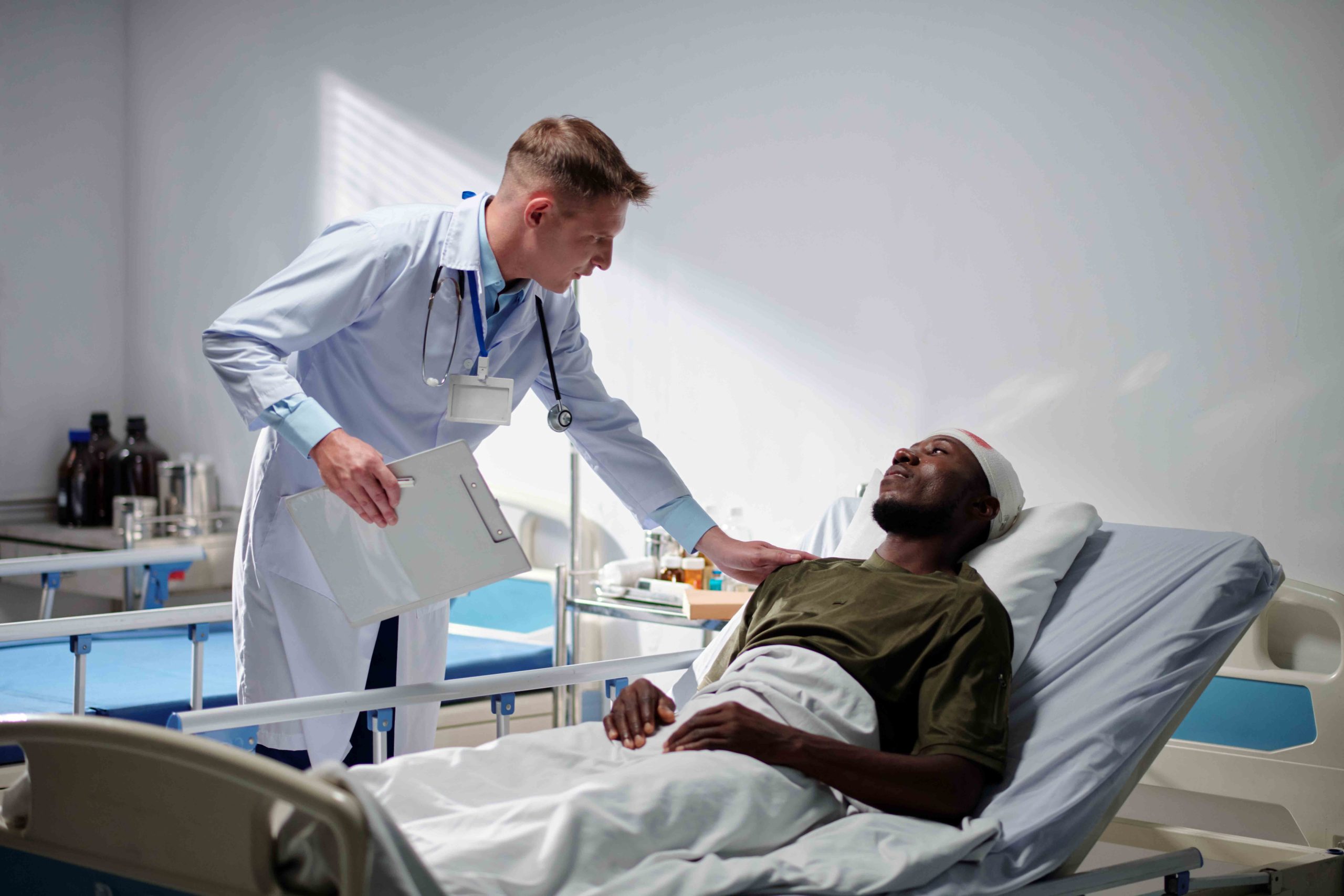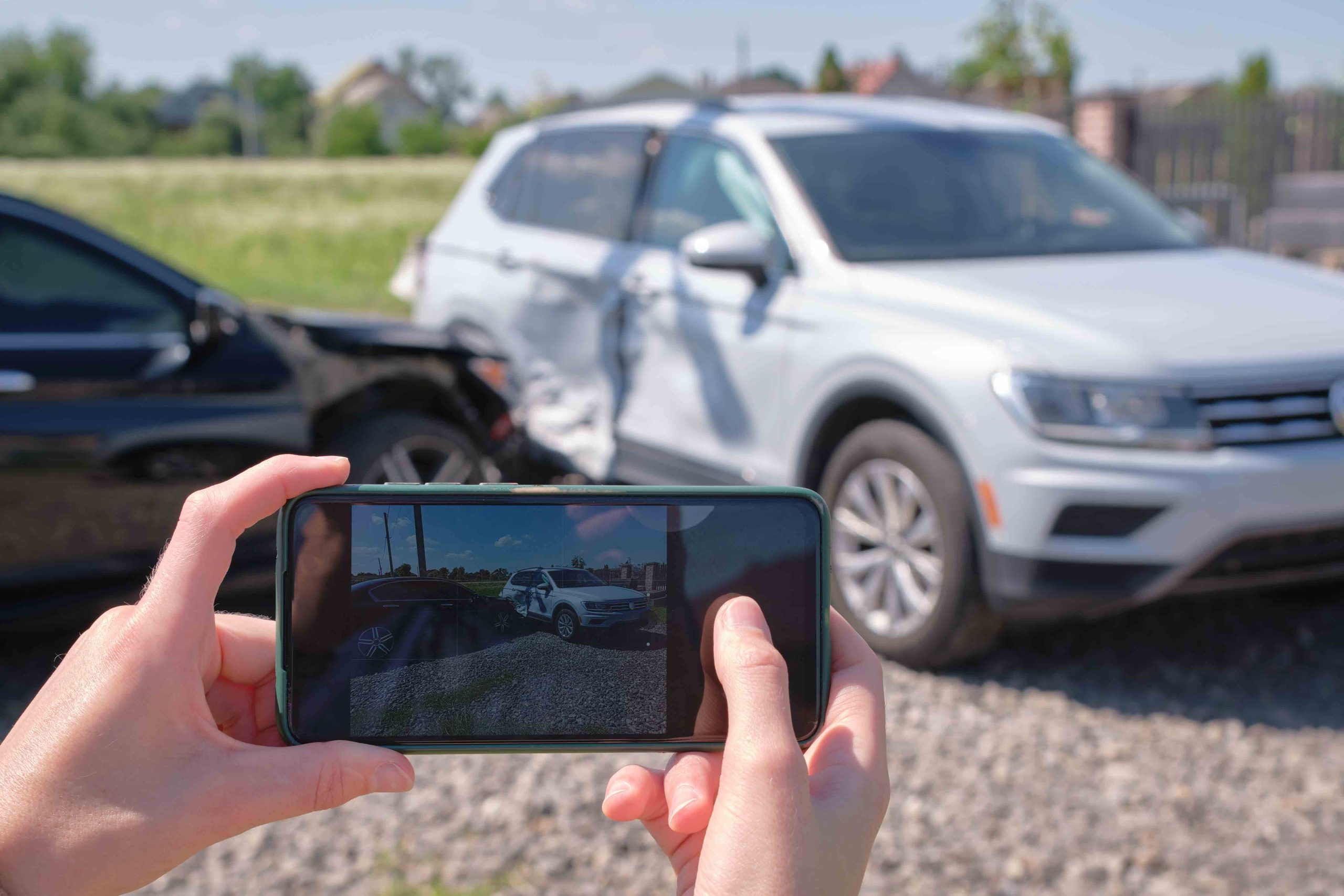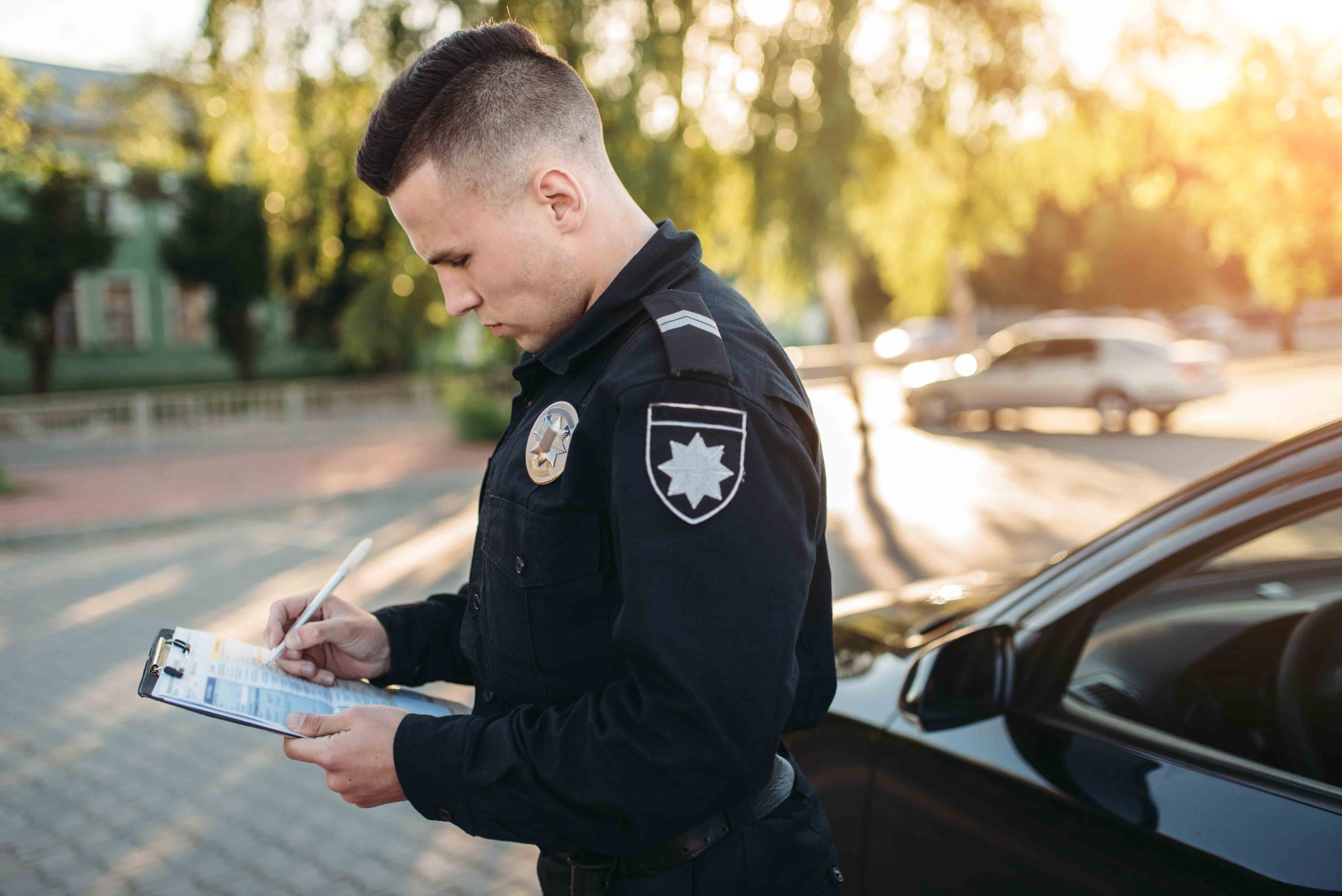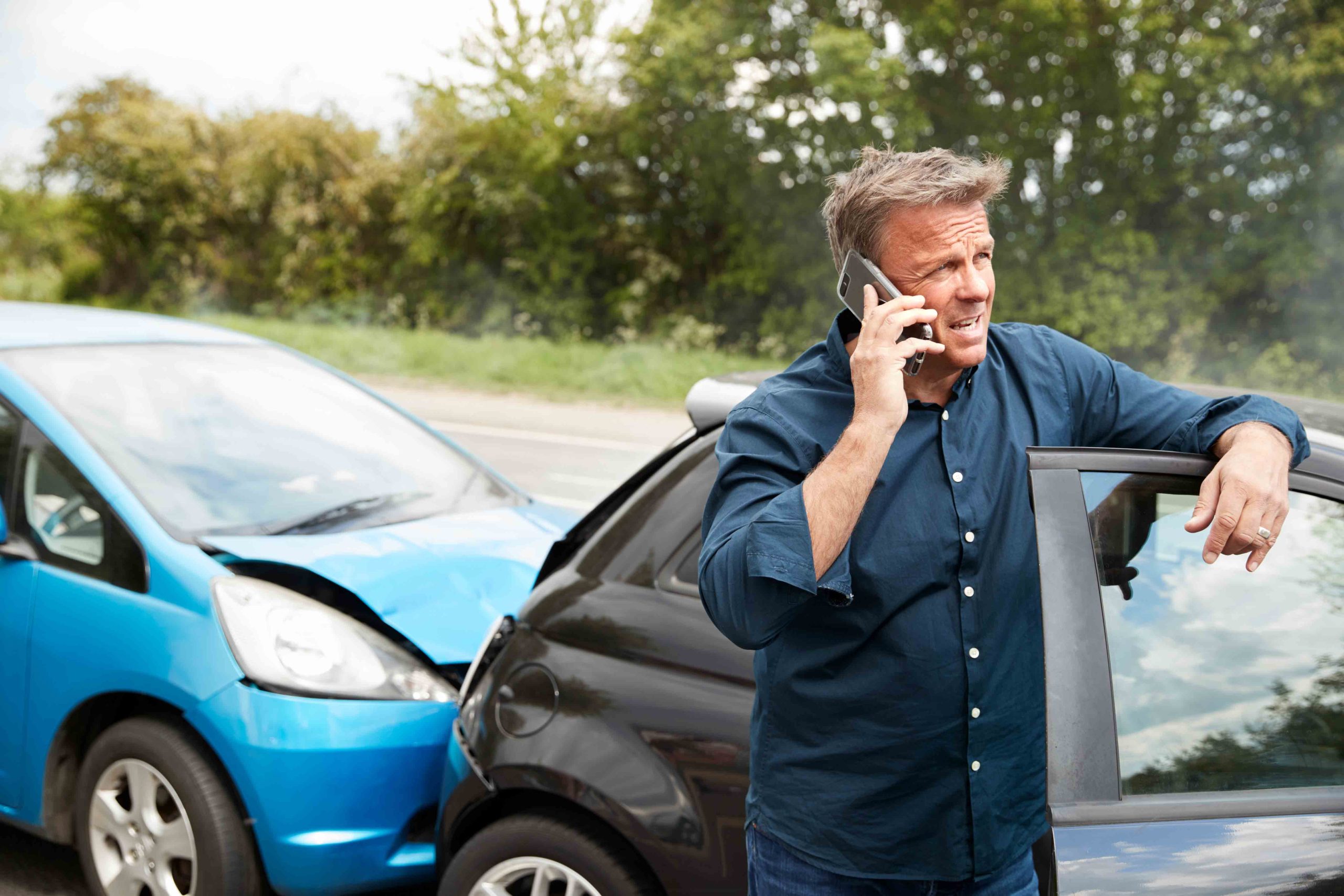Steps to Take After Sustaining Serious Car Accident Injuries in Texas
Experiencing a serious car accident can be overwhelming and traumatic. Knowing the steps to take after such an event can help you protect your rights and ensure you receive the care and compensation you deserve.
Here’s what you need to do if you sustain serious car accident injuries in Texas.
Seek Immediate Medical Attention

Report the Accident
Call the police to report the accident.Give them a thorough explanation of everything that occurred. The police report will be an essential piece of evidence if you decide to file a personal injury claim. Make sure to get a copy of this report for your records.
-
- Call the Police: Immediately after the accident, call the police. This step is crucial as it ensures that the accident is officially recorded.
- Provide a Detailed Account: When the police arrive, provide them with a detailed account of what happened. Include all relevant details such as the time, location, weather conditions, and how the accident occurred.
- Be Honest and Accurate: Ensure that your account is honest and accurate. Do not speculate or guess about details you are unsure of.
- Request a Copy of the Report: The police report will be an essential piece of evidence if you decide to file a personal injury claim. Make sure to get a copy of this report for your records.
- Exchange Information: While waiting for the police, exchange contact and insurance information with the other driver involved in the accident.
- Document Witness Information: If there are any witnesses, obtain their contact information and statements. Witnesses can provide valuable support for your account of the accident.
- Record Officer Details: Note the name and badge number of the responding officers. This information can be helpful if you need to follow up on the report or if there are any discrepancies.
Gather Evidence
Gather as much information as you can from the scene of the accident. Take photographs of the vehicles involved, your injuries, and any other relevant details such as road conditions or traffic signs. Get contact information from any witnesses and write down their accounts of the incident.
Take Photographs:

-
- Accident Scene: Capture wide-angle shots of the accident scene to provide context. Include surrounding landmarks, road conditions, and traffic signs.
- Vehicle Damage: Take close-up photos of all vehicles involved, focusing on the damage from multiple angles.
- Injuries: Document any visible injuries you or your passengers have sustained.
- Other Evidence: Photograph any skid marks, debris, or other evidence that might have contributed to the accident.
Collect Witness Information:
-
- Contact Details: Find out the addresses, phone numbers, and names of any witnesses.
- Statements: Ask witnesses for their accounts of the accident and, if possible, record their statements on your phone.
Document Road Conditions:
-
- Weather: Note the weather conditions at the time of the accident (e.g., rain, fog, snow).
- Road Hazards: Identify and photograph any road hazards, such as potholes, debris, or construction zones.
Record Your Own Account:
-
- Personal Notes: While the specifics are still fresh in your memory, as soon as you can, write out your own narrative of the accident. Include specifics like the time, location, and sequence of events.
- Injuries and Pain: Keep a record of your injuries, pain levels, and any changes in your condition over time.
Get a Copy of the Police Report:

-
- Report Number: Obtain the report number from the responding officer.
- Details: Make sure all details in the report are accurate and request a copy for your records.
Preserve Physical Evidence:
-
- Damaged Items: Keep any personal items that were damaged in the accident, such as clothing, eyeglasses, or electronic devices.
- Vehicle: If possible, do not repair your vehicle until after it has been thoroughly documented and inspected.
Obtain Medical Records:
-
- Initial Examination: Keep records of all medical examinations and treatments following the accident.
- Ongoing Treatment: Document all follow-up visits, treatments, and any physical therapy or rehabilitation you undergo.
Track All Expenses:
-
- Medical Bills: Keep detailed records of all medical bills and related expenses.
- Other Costs: Document other costs related to the accident, such as transportation to medical appointments, lost wages, and any home modifications required due to your injuries.
Use Technology:
-
- Dashcams: If you have a dashcam, save the footage immediately and back it up.
- Smartphone Apps: Use apps designed for documenting car accidents to streamline the evidence-gathering process.
Seek Legal Advice:
Notify Your Insurance Company
Informing your insurance company about a car accident promptly is crucial for ensuring that your claim is processed smoothly and efficiently. Taking the right steps when notifying your insurer can help you avoid common pitfalls and protect your rights.

Contact Them Immediately:
-
- Prompt Notification: Call your insurance company as soon as possible after the accident. Most policies require prompt reporting, and delaying could jeopardize your claim.
- Emergency Contact: Use the emergency contact number provided by your insurance company if it is outside of normal business hours.
Provide Essential Details:
-
- Accident Information: Give a clear and concise description of the accident, including the time, date, location, and the involved parties.
- Policy Number: Have your policy number ready to provide to the insurance representative.
Describe the Damage:
-
- Vehicle Damage: Explain the extent of the damage to your vehicle and any other property involved.
- Injuries: Report any injuries sustained by you, your passengers, or others involved in the accident.
Avoid Speculation:
-
- Stick to the Facts: Only provide factual information that you are certain about. Refrain from assuming anything about the cause of the accident or who was at fault.
- No Admissions: Do not admit fault or liability during your conversation with the insurance company.
Document the Conversation:
-
- Record Details: Write down the name and contact information of the insurance representative you speak with.
- Summary: Take notes on what was discussed during the call, including any instructions or next steps provided by the insurance company.
Follow Up in Writing:
-
- Written Confirmation: Follow up the phone call with a written notice of the accident. This could be an email or a formal letter, reiterating the details you provided over the phone.
- Keep Copies: Retain copies of all correspondence for your records.
Consult a Lawyer
-
- Legal Advice: Before making any statements about the accident or accepting any settlement offers, consult a personal injury lawyer. They can offer advice on the best course of action to safeguard your interests.

-
- Representation: If necessary, your lawyer can communicate with the insurance company on your behalf.
Evaluate Settlement Offers:
-
- Thorough Review: Have any settlement offers reviewed by your lawyer. They can help you determine if the offer is fair and covers all your expenses and damages.
- Future Expenses: Ensure that the settlement accounts for future medical costs, lost wages, and other long-term impacts of the accident.
Document Everything:
-
- Keep Records: Maintain detailed records of all communications and transactions with your insurance company, including emails, letters, and phone call notes.
- Organize Evidence: Keep all evidence related to the accident, such as photographs, medical records, and witness statements, organized and accessible.
By providing the necessary details, avoiding speculative statements, and consulting with a lawyer before accepting any settlements, you can ensure that your rights are protected and that you receive fair compensation for your injuries and damages.
Taking these steps will help you navigate the aftermath of a car accident with confidence and clarity.
Follow Your Doctor’s Orders
Keep Track of Expenses
Avoid Social Media
Consult a Personal Injury Lawyer
-
- Legal Guidance: An attorney will explain your rights and options, helping you understand the legal process.
- Evidence Collection: Lawyers gather crucial evidence, including medical records, police reports, and witness statements, to build a strong case.
- Negotiation: Attorneys negotiate with insurance companies on your behalf to secure fair compensation.
- Representation in Court: If necessary, your lawyer will represent you in court to ensure your case is presented effectively.
- Expert Consultation: Attorneys work with medical and accident reconstruction experts to support your claim.
- Paperwork Management: They handle all legal documentation and filings, ensuring everything is done correctly and on time.
- Stress Reduction: Having an attorney allows you to focus on recovery while they manage the legal complexities.
Be Patient
Conclusion
Seek Expert Legal Guidance: Contact Roxell Richards Law Firm
A Houston car accident lawyer can provide the necessary guidance, support, and representation to help you navigate the complex legal landscape and ensure you receive the compensation you deserve.
Car crashes may be terrible experiences that leave victims dealing with financial hardships, mental anguish, and bodily wounds.
It is essential to have an experienced legal practitioner at your side during these difficult times.

